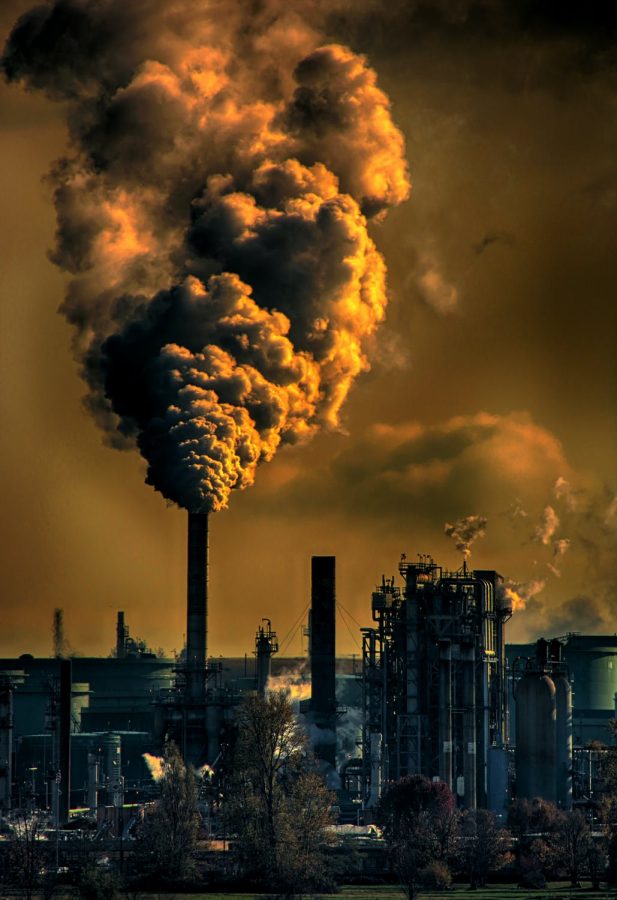COVID-19: Earth’s rebound from man
The pandemic has shown us that the earth can regenerate
May 3, 2021
The global pandemic and the ensuing lockdown have had positive impacts on Earth by limiting human activity. Humanity has been poisoning Earth for centuries – humans have been polluting the atmosphere, land, and sea with relentless factory emissions going into our atmosphere, oil spills, fracking, drilling into the earth’s natural resources, and littering on both land and the sea.
Pollution is not only hurting the very ones that are creating it, but it’s also destroying our ecosystems and the organisms that we need in order to have a balanced and maintained environment. For so long, Earth has been inhabitable for living beings due to the mass amounts of water that is constantly going through a never-ending cycle to become purified.
The earth continuously supplies us with food from crops and other animals. However, humans are very ruthless creatures that pursue to kill other organisms for the sake of it being fun and overhunting and even bring a population to extinction. Humans also kill each other and discriminate amongst their own race, and humans are the one species that can stand anywhere on the food chain or web spectrum of either being a predator or prey.
How the pandemic has affected our environment
The virus significantly reduced the amount of greenhouse gas emissions. According to the National Center for Biotechnology Information, the amount of GHGs emitted into the atmosphere in New York was reduced by 50% due to the lockdown caused by the pandemic. Emission NO₂, which is what causes acid rain, has also been estimated to have dropped by 30-60% amid the pandemic.
Vehicles and planes contribute 72% and 11% of the greenhouse gasses emitted by transportation. The lockdown, which kept all of us at home, significantly reduced the amount of travel that people were doing and in turn, the amount of polluting they were contributing to. In China alone, the reduction of travel removed 17% of all CO2 emissions. Even a reduction of this level could have positive impacts on our environment.
The lower consumption of fossil fuels during the pandemic has lessened the emission of greenhouse gases into our atmosphere. According to the International Energy Agency, the demand for oil dropped by 435,000 barrels in just the first three months of 2020. The consumption of coal went down as well, as there was less demand for energy amid the lockdown. There were reductions as high as 36% and they predict that our global total emissions of CO2 will be reduced by more than 4%.
While I am not saying the virus harming and killing people is necessarily a good thing, it is important to look at statistics of the pandemic and notice all the important changes it caused on our environment, and we can try to use this information to help improve the planet.
In the beginning of the pandemic, the amount of pollution was significantly reduced. All of the massive corporate factories that were pumping out carbon dioxide and methane, all the planes that were burning through fossil fuels, and all the people that were out and about doing their own polluting, were shut down or reduced significantly by the pandemic. The environmental changes that we saw in that time could be crucial in the survival of our planet, and we should think about how we can change as a whole to better the world we live in.













